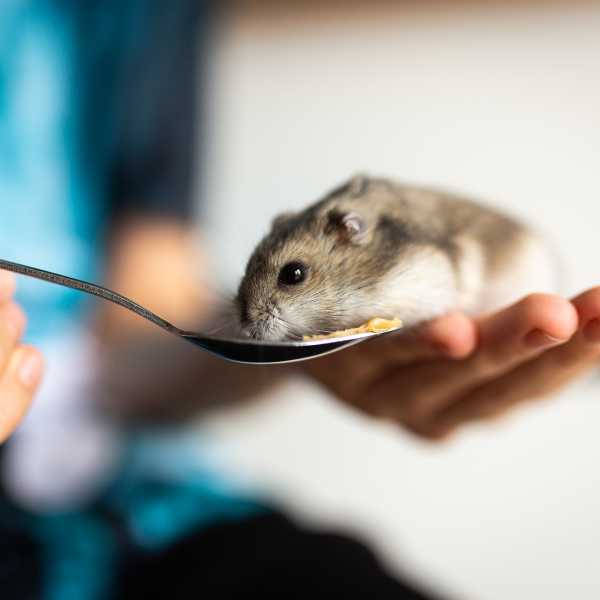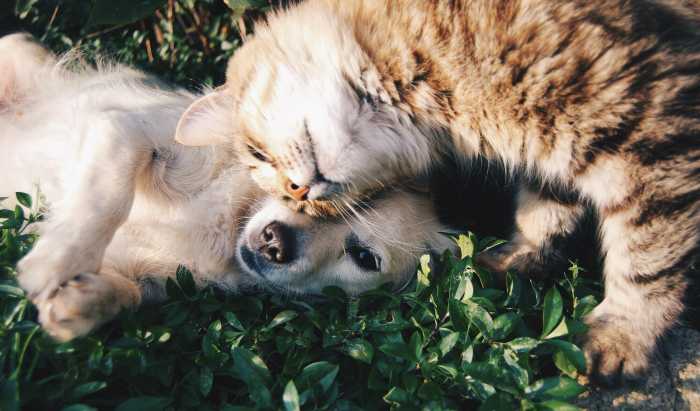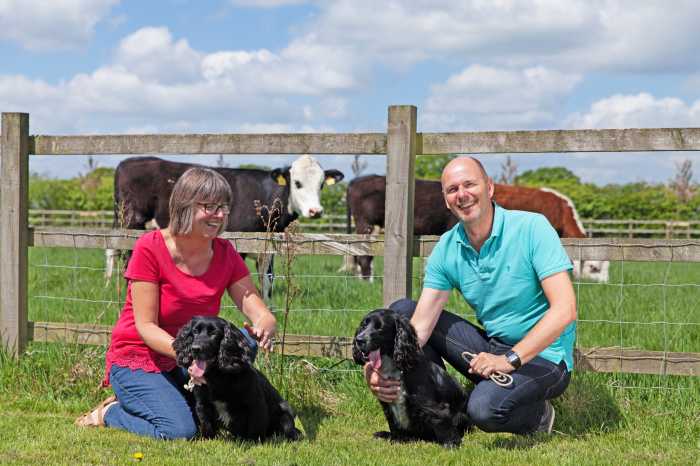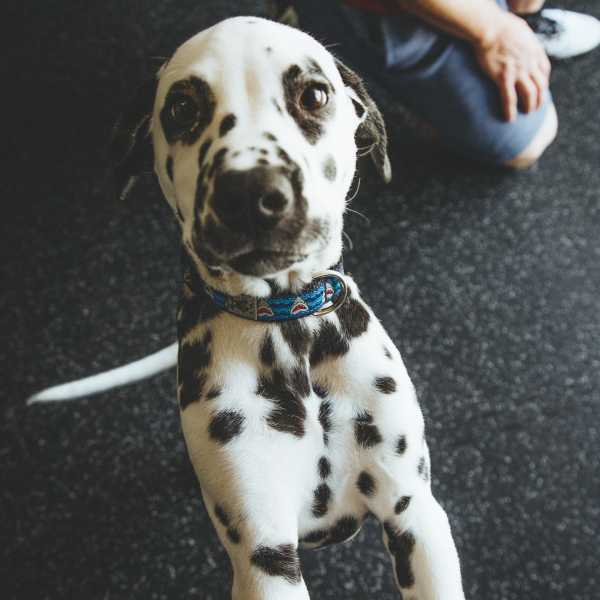
Katzenworld - Working with Animals
Posted on 3 February, 2023

Photo by Krista Mangulsone on Unsplash
Written by Society of Companion Animal Studies & featured on Katzenworld
For many of us, the new year prompts us to review our life goals. It’s a time when we consider if we are happy in our current job/career and, if not, what we can do to change it; after all we spend a large part of our life at work, so it is important that we enjoy our work.
Before pursuing any new job or career, it’s advisable to do some research to make sure that it suits your personal qualities, and fits with any goals, responsibilities and ambitions you have.
If you are considering a career change to something more meaningful or rewarding to you, you may be considering working with animals, If so, read on…
If you have not worked with animals before, you may be asking:
Do I need qualifications and experience?
Whilst it is true, that for some jobs, qualifications and previous experience will be essential, there are other jobs that will provide training on the job and may even support you to undertake an apprenticeship or other qualification alongside your role. If you want to upskill and learn more about animals before making a career change, why not consider volunteering? It can increase your confidence, enhance your CV and give you an insight into future roles. There are also many colleges and universities that offer distance learning or part time animal related courses that can be undertaken to give you an advantage when applying for future jobs. Take some time to investigate your options as upskilling may be more possible than you think!
Will the salary be adequate?
Working with animals is generally low paid, particularly when starting out. So if a high salary is very important to you, then you will have to think about what type of job you should aim for, and whether it is feasible. Often salaries increase with experience and responsibilities so look at the bigger, long-term picture and keep that goal in mind.
Am I too old to change career?
The simple answer is no! People of all ages change career to work with animals. In fact, in many jobs it will be your ability to work and communicate with other people that will be equally as important as looking after the animals. Life skills you will have previously gained in other areas can be looked on very favourably by employers.
So, what opportunities are there?
The opportunities are vast. Below, we have taken a look at a few, more common roles:
The Veterinary Industry
The veterinary industry has a few key roles. Veterinary surgeons (vets) who diagnose and treat diseases and injuries. Veterinary nurses who work alongside vets to care for animals, assist with procedures and advise owners on health and wellbeing. Veterinary care assistants who support both vets and veterinary nurses in practice; caring for animals and ensuring high standards of cleanliness. Veterinary receptionists and practice managers who keep provide managerial and administration support to ensure the smooth running of the practice.
Charity work
There are lots of different types of animal charities doing a variety of work such as rescuing and rehoming animals, educating people on the care of animals, training assistance animals and those involved in animal assisted interventions, and conducting research on animal behaviour and welfare. The nature of each role and its entry requirements will vary. Visit the careers sections of some of the animal charities that you are interested in to find out what roles are available and the entry requirements that are needed.
Animal trainer/behaviourist
To become an animal trainer and/or behaviourist you will need qualifications and experience. The opportunities are vast once qualified, for example, you could run your own training business, or work for a charity training dogs, or work in academia teaching others.
There are many different courses and qualifications available and it can be hard to know which are recognised by the industry. If you choose a qualification approved by the Animal Behaviour and Training Council (ABTC) you can’t go far wrong.
How do I get started?
There is no better time to get started than now! Below are four top tips to help you on your way:
- Research – take a look at websites of organisations that you are interested in, A-Z of Animal Career Profiles | CAW Careers Advice and general online job boards to see what jobs are out there and what you need to do to be in a position to apply for them.
- Network – reach out to others who already have established careers doing what you feel might suit you. They can help you gain an insight what to expect and offer advice on how to achieve your goals. Many people are happy to share their experiences, but if you are uncomfortable emailing strangers there are groups on Facebook and LinkedIN where you can ask open questions and even build contacts.
- Attend careers events and college/university open days – these will give you the opportunity to speak to the relevant people and gather information about different careers and qualifications that may be open to you. Careers with Animals Day is an annual online careers event that is free and open to all.
- Gain experience – having hands on experience working with animals is invaluable and will boost your CV and confidence; see if you can source some regular voluntary work, this will also give you an insight into the work to help you decide if it really is what you were expecting.
- Take a course or qualification – before making the commitment to full time training or employment in the animal care or veterinary industry, you may wish to take a shorter course or qualification in animal care to help you gain more knowledge and understanding.
Whether this year is the year you decide to make that change, or if, after research you decide now is not the right time, good luck on your journey!
Why not bookmark the Society for Companion Animal Studies’ webpage on career and training opportunities relating to companion animals.
Society of Companion Animal Studies
Society of Companion Animal Studies
About SCAS
SCAS was established in 1979 to promote the study of human-companion animal interactions and raise awareness of the importance of pets in society.
Over the past forty years SCAS has established itself as the UK authority in Human-Companion Animal Bond Studies, funding research, providing education, raising awareness, encouraging best practice, and influencing the development of policies and practices that support the human-companion animal bond.
Twitter @SCASuk Facebook @scas.org.uk
To read the original article written by Society of Companion Animal Studies featured on Katzenworld, please visit: https://katzenworld.co.uk/2023/01/24/working-with-animals/
Another option is to become a homesitter

Photo: homesitters Janet & Steven Groom
Being a homesitter offers occasional employment and interesting breaks from routine.
Our homesitters enjoy the chance to stay in new places and explore new surroundings, caring for other people’s homes, possessions and pets while they’re away. As many sits involve looking after dogs or cats, it’s also a great opportunity to enjoy the company of animals without the commitment or expense of owning them yourself.
As a homesitter, you have complete freedom to decide how many assignments you undertake each year, and what type of sits you do. While on assignment, you will receive a daily food allowance and travel expenses (both tax-free), and earn a modest remuneration to supplement your income. Home and pet sitting also provides an opportunity to make considerable savings on your own household bills while you are away.
If you think becoming a homesitter might be for you, please visit: www.homesitters.co.uk/become-a-sitter/
Tags:



